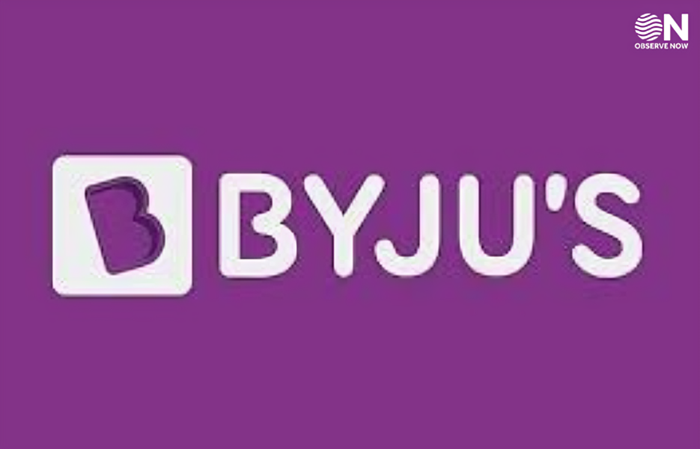Byju’s Sells Epic and Tynker for $97.2 Million Amid Bankruptcy Proceedings

Edtech major Byju’s has sold off two of its key U.S.-based subsidiaries—Epic! and Tynker—for a combined amount of $97.2 million, in a strategic effort to reduce debt and restructure operations following ongoing bankruptcy proceedings in the United States.
The sale was approved by a Delaware bankruptcy court, as the company’s U.S. arm, Byju’s Alpha, undergoes Chapter 11 bankruptcy. The court-mandated sale was initiated by a trustee acting on behalf of lenders, including major investors in Byju’s $1.2 billion term loan, who are seeking to recover dues through the liquidation of assets.
In a notable development, Epic!, a digital reading platform for children, was acquired by TAL Education Group, a China-based education company, for $95 million. Meanwhile, Tynker, a coding education platform popular among K-12 students, was bought by U.S.-based CodeHS for $2.2 million following a highly competitive bidding process that spanned 48 rounds. The combined sale value is significantly lower than the estimated $700 million that Byju’s had paid to acquire both companies in 2021. At the time, the purchases were part of Byju’s aggressive expansion strategy into international markets, particularly the U.S., as it sought to diversify beyond its core operations in India.
The sale of Epic! drew scrutiny from U.S. authorities, including the Department of Justice, which raised national security concerns due to the Chinese ownership of TAL. However, the bankruptcy court overruled the objections, citing the late timing of the intervention and the lack of substantial legal grounds to halt the sale.
Epic!, once a cornerstone of Byju’s content-driven strategy in North America, was home to a digital library of over 40,000 books and served more than 50 million users. Tynker, similarly, had built a strong presence in schools, offering coding education to millions of students and thousands of educators worldwide. Industry experts note that the sharp discount at which these assets were sold reflects both the distressed financial state of Byju’s and the reduced valuation of edtech assets in the post-pandemic market environment. The court proceedings revealed that the primary intent behind the sale was to recover as much capital as possible for creditors, rather than to extract strategic value for the company.
Byju’s has been under intense financial and regulatory pressure over the past year. Once hailed as India’s most valuable startup with a valuation peaking at $22 billion, the company has since struggled with delayed financial disclosures, legal disputes with lenders, and declining investor confidence. The bankruptcy of its U.S. unit marks one of the most significant fallouts from its expansionist approach.
The proceeds from the Epic! and Tynker sale are expected to be used to partially repay the term loan and settle some of the outstanding liabilities owed to lenders. Meanwhile, Byju’s continues to face litigation and creditor negotiations both in the U.S. and in India.
The divestment of Epic! and Tynker signals a turning point for Byju’s as it scales back its international ambitions and focuses on core markets in the face of financial distress. The sale underscores the company’s urgent need to restructure and regain financial stability amid growing scrutiny.
















